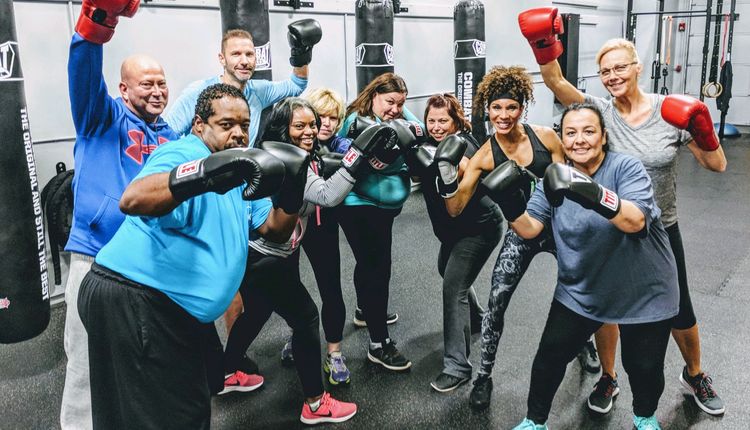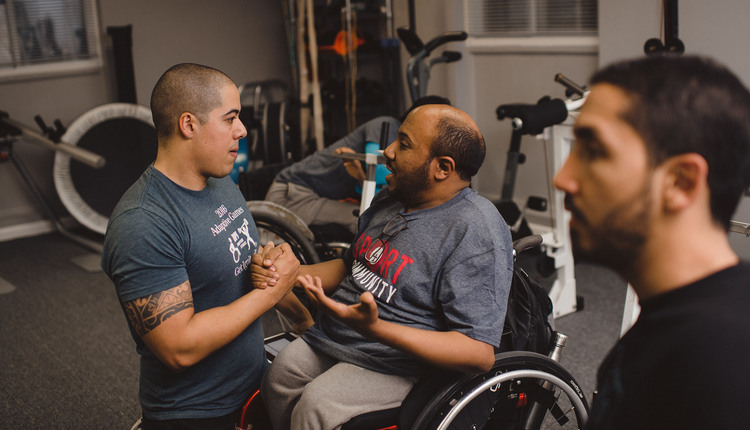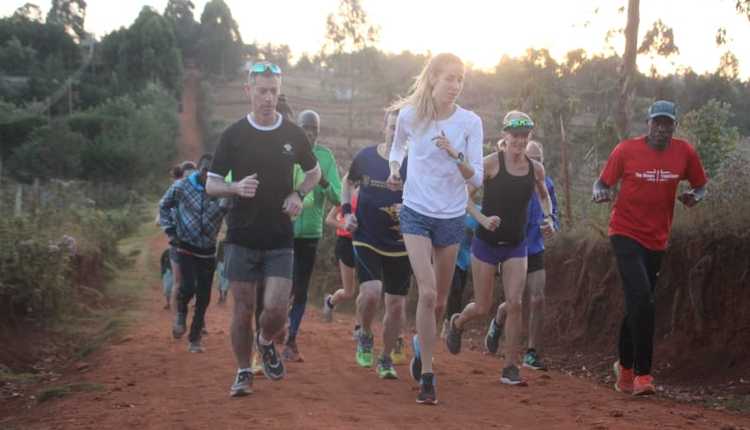
Despite varying opinions of the TV show The Biggest Loser, the show has created a shift in consumers' minds about how fitness goals can be achieved. This is precisely why we continue to see "Biggest Loser" contests run in the workplace, at gyms and among friends. People love contests, challenges and promotions because the possibilities of results excite and engage them. Challenges can create buzz for potential clients, can keep current clients engaged and can create surges of new business.
Biggest Loser-type contests generally have three key elements that appeal to the masses and are in large part, the reason why you have a higher participation rate and more importantly, the likelihood of compliance is also higher than open-ended programs. The three elements of successful challenges or contests are structure, a specific timeframe and measureable results.
People seek structure; frankly, most people just want to be told what to do. Without structure, there is too much left to chance whereas a structured program inherently builds accountability. The contest should outline, for example, specific days and times for workouts and eating schedules. Telling a client to "workout three days a week" rather than "you'll come Mondays, Wednesdays and Fridays for your workouts" leaves too much to chance. Specific and structured programs will lend itself to compliance and therefore, should increase results.
Secondly, a specific timeframe is also very appealing to consumers. Having a start date and an end date gives clients a better sense of focus and control. Much like the example of structure above, there is a mindset shift that occurs with a client when told "your best option to jumpstart your results is to join our spring challenge that starts on March 1 through April 15" rather than "come and train with me at my studio for weight loss." There's no urgency for a client to commit without a deadline and having an end date is appealing because many people are wary of long-term commitments.
Finally, and probably most obvious for fitness professionals, is that results must be measureable. Whether using body composition, before and after photos, scales that demonstrate an increase in energy and stress levels, an increase in a client's 5k time, etc.; results must be measureable. This is the platform that you use to then commit the "seasonal" challenge clients to long-term clients.
It can be a challenge for fitness professionals to shift the mindset that contests are gimmicks and don't work long-term. But if contests and challenges are what our consumers are looking for, shouldn't we use this to our advantage as an opportunity to get people to simply take action? You sell them what they want, but it's your job to give them what they really need. You sell weight loss and a firmer body because that is what propels a client to take action; but what you really give them is the empowerment, education and motivation they need to create a healthy lifestyle beyond the scale.














